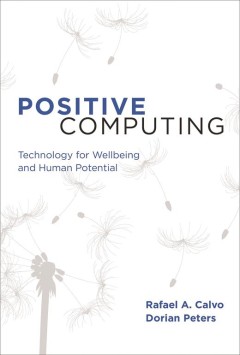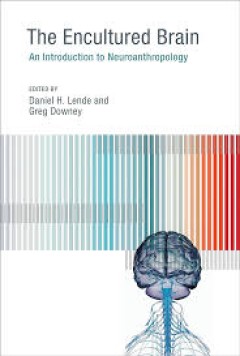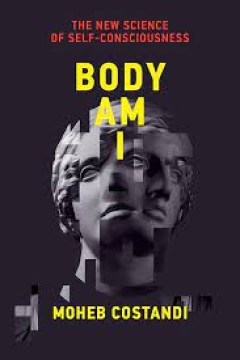Filter by

Moral psychology
Groundbreaking essays and commentaries on the ways that recent findings in psychology and neuroscience illuminate virtue and character and related issues in philosophy.Philosophers have discussed virtue and character since Socrates, but many traditional views have been challenged by recent findings in psychology and neuroscience. This fifth volume of Moral Psychology grows out of this new wave …
- Edition
- -
- ISBN/ISSN
- 9780262337281
- Collation
- 1 online resource (4 volumes) :illustrations
- Series Title
- -
- Call Number
- -

Positive computing : technology for wellbeing and human potential
"On the eve of Google's IPO in 2004, Larry Page and Sergey Brin vowed not to be evil. Today, a growing number of technologists would go further, trying to ensure that their work actively improves people's lives. Technology, so pervasive and ubiquitous, has the capacity to increase stress and suffering; but it also has the less-heralded potential to improve the well-being of individuals, society…
- Edition
- -
- ISBN/ISSN
- 0262325683
- Collation
- 1 online resource (x, 288 pages).
- Series Title
- -
- Call Number
- -

The Encultured Brain: An Introduction to Neuroanthropology
Basic concepts and case studies from an emerging field that investigates human capacities and pathologies at the intersection of brain and culture.OCLC-licensed vendor bibliographic record.
- Edition
- -
- ISBN/ISSN
- 9780262305679
- Collation
- 1 online resource (ix, 438 pages) :illustrations
- Series Title
- -
- Call Number
- -

Body Am I: The New Science of Self-Consciousness
"Costandi explains the neuroscience behind how we view our selves and our bodies, drawing from neurological studies on our sense of agency and free will, the neural correlates of mental representations, mirror neurons, and how the brain perceives timing and sensory consequences. He explores case studies of amputees with phantom limb syndrome, people with Body Integrity Identity Disorder (who ha…
- Edition
- -
- ISBN/ISSN
- 9780262368711
- Collation
- 1 online resource
- Series Title
- -
- Call Number
- -

Moral psychology.
"For much of the twentieth century, philosophy and science went their separate ways. In moral philosophy, fear of the so-called naturalistic fallacy kept moral philosophers from incorporating developments in biology and psychology. Since the 1990s, however, many philosophers have drawn on recent advances in cognitive psychology, brain science, and evolutionary psychology to inform their work. T…
- Edition
- -
- ISBN/ISSN
- 9780262302951
- Collation
- 1 online resource
- Series Title
- -
- Call Number
- -

Moral psychology.
"For much of the twentieth century, philosophy and science went their separate ways. In moral philosophy, fear of the so-called naturalistic fallacy kept moral philosophers from incorporating developments in biology and psychology. Since the 1990s, however, many philosophers have drawn on recent advances in cognitive psychology, brain science, and evolutionary psychology to inform their work. T…
- Edition
- -
- ISBN/ISSN
- 9780262302982
- Collation
- 1 online resource
- Series Title
- -
- Call Number
- -

Moral psychology.
"For much of the twentieth century, philosophy and science went their separate ways. In moral philosophy, fear of the so-called naturalistic fallacy kept moral philosophers from incorporating developments in biology and psychology. Since the 1990s, however, many philosophers have drawn on recent advances in cognitive psychology, brain science, and evolutionary psychology to inform their work. T…
- Edition
- -
- ISBN/ISSN
- 9780262303019
- Collation
- 1 online resource
- Series Title
- -
- Call Number
- -
 Computer Science, Information & General Works
Computer Science, Information & General Works  Philosophy & Psychology
Philosophy & Psychology  Religion
Religion  Social Sciences
Social Sciences  Language
Language  Pure Science
Pure Science  Applied Sciences
Applied Sciences  Art & Recreation
Art & Recreation  Literature
Literature  History & Geography
History & Geography